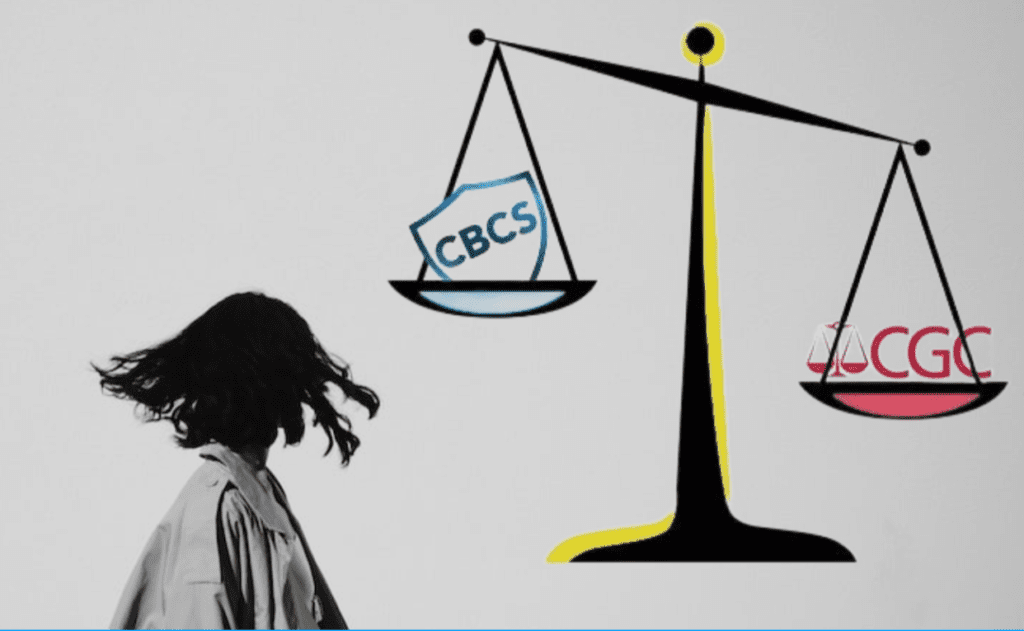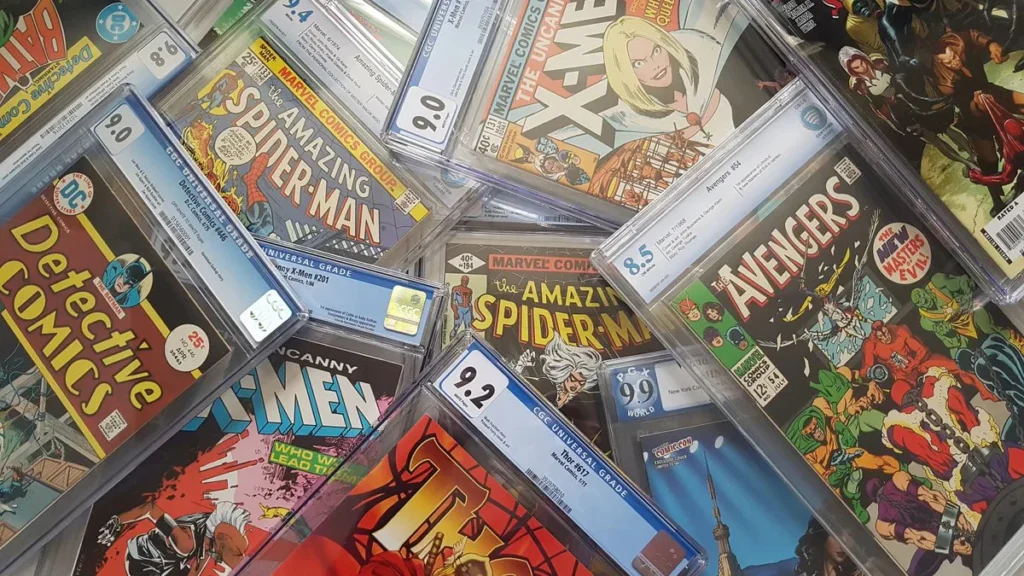Introduction
Comic books are not just stories on paper; they are valuable pieces of art and culture. Getting your comic books professionally graded is an essential step for collectors and enthusiasts looking to preserve and enhance the value of their prized possessions. In this guide , we’ll walk you through the process of getting your comic books graded, ensuring they receive the attention and assessment they deserve.
Understanding ‘How to get comic books graded’
What is Comic Book Grading?

Comic book grading is a standardized process of evaluating a comic book’s condition. It involves assessing factors such as cover quality, page color, spine wear, and overall structural integrity. Grading results in a numerical grade, usually on a scale from 0.5 to 10. Higher grades indicate better condition and preservation.
Why Grade Your Comic Books?
Grading adds a level of objectivity to a comic book’s condition, which is crucial for buyers, sellers, and collectors. Graded comics often command higher prices in the market due to their certified quality. Additionally, grading offers protection against potential disputes over a comic’s condition.
Choosing a Comic Book Grading Service
Research Grading Companies
Start by researching reputable comic book grading companies. Look for well-established and recognized names in the industry.
CGC (Certified Guaranty Company) and CBCS (Comic Book Certification Service) are two prominent companies that specialize in the certification and grading of comic books. Both companies offer services to collectors and enthusiasts who want to have their comic books evaluated and assigned a grade for their condition and authenticity. Here’s a comparison between CGC and CBCS:

CGC (Certified Guaranty Company):
- Established Reputation: CGC is one of the oldest and most well-known comic book grading companies in the industry. It is widely recognized and respected by collectors, dealers, and investors.
- Consistency and Stringency: CGC is known for its strict grading standards and consistency in evaluating comic books. They have a team of experienced graders who follow established guidelines for grading.
- Security Features: CGC uses advanced security features in its encapsulation process, including tamper-evident holders and holographic labels, which help ensure the authenticity and protection of the graded comics.
- Market Influence: CGC-graded comic books often command higher prices in the market due to the company’s reputation and influence. Many collectors and investors consider CGC-graded comics to be highly desirable.
- Submission Tiers: CGC offers different submission tiers with varying turnaround times and services, allowing customers to choose the level of service that best suits their needs.
CBCS (Comic Book Certification Service):
- Competition and Innovation: CBCS emerged as a competitor to CGC, offering an alternative option for comic book grading. They aimed to introduce innovation and competition into the grading industry.
- Options and Services: CBCS provides similar grading and certification services as CGC, with different submission tiers and options. They also offer signature authentication services and encapsulation for autographed comics.
- Growing Recognition: While CGC holds a more established reputation, CBCS has been growing in recognition and has gained a following among certain collectors who appreciate its approach to grading.
- Custom Labels: CBCS offers custom labels for comic books, allowing collectors to choose from a variety of label designs and themes for their encapsulated comics.
- Collector Preferences: Some collectors prefer CBCS for its perceived approachability and customer service, as it’s considered to have a more personal touch compared to the larger and more established CGC.
In summary, both CGC and CBCS offer comic book grading and certification services, but CGC is often regarded as having a stronger reputation and market influence. CBCS, on the other hand, provides an alternative option with its own unique features and approaches that cater to different preferences within the collector community. The choice between the two ultimately depends on individual preferences, priorities, and the specific comic books being graded.
Services and Costs
Compare the services offered by different grading companies. Consider factors such as turnaround time, authentication, and encapsulation. Be sure to review the associated costs, which can vary based on the grading tier and additional services you choose.
Preparing Your Comic Books
Cleaning and Handling
Before submitting your comic books for grading, ensure they are clean and well-preserved. Handle comic book with care to avoid further damage. Wearing clean gloves while handling is recommended to prevent oils and dirt from transferring to the pages.
Documenting Defects
Thoroughly document any existing defects or issues with your comic books. Take clear photos of the front and back covers, spine, corners, and any noticeable flaws. This documentation can serve as a reference in case of any disputes.
Submission Process
Online or In-Person Submission
Most grading companies offer both online and in-person submission options. Online submissions typically involve filling out forms and uploading images through the company’s website. In-person submissions might require attending conventions or using authorized dealers.
Packaging and Shipping
Follow the specific packaging and shipping instructions provided by the grading company. Proper packaging ensures your comic books reach the grading facility safely and without additional damage. Use sturdy materials and consider using tracking and insurance.
Receiving Graded Comic Books

Encapsulation
Once the grading process is complete, your comic books will be encapsulated in a protective case. This case is designed to safeguard the comic’s condition and prevent tampering. The case will display the comic’s grade, certification label, and unique serial number.
Enjoy and Preserve
Now that your comic books are professionally graded, you can proudly display or store them. Graded comics should be kept in a controlled environment to prevent deterioration. Avoid exposure to direct sunlight, extreme temperatures, and humidity.
FAQs
Q1: Can any comic book be graded?
A1: Most comic books can be graded, but extremely damaged or altered books may not qualify. Consult the grading company’s guidelines for specific criteria.
Q2: Does grading guarantee a specific value increase?
A2: While grading can enhance a comic’s value, other factors such as rarity, demand, and market trends also play a significant role in determining its worth.
Q3: Can I break open the encapsulation to read the comic?
A3: Yes, encapsulated comic books can be removed from their cases. However, doing so may affect the comic’s grade and market value.
Q4: Are there other benefits to comic book grading?
A4: Yes, comic book grading provides authentication, protection, and a standardized condition assessment, which can be valuable for buyers and sellers.
Q5: How often should I have my comic books regraded?
A5: It’s generally not necessary to regrade comic books unless you believe there was an error in the initial assessment or if the comic’s condition has significantly improved.
Conclusion
Getting your comic books graded is a valuable investment in their preservation and value. By understanding the grading process, choosing a reputable grading service, and taking meticulous care in preparation and submission, you can ensure your beloved comic books are assessed with the attention they deserve. Graded comics not only enhance their market value but also contribute to the overall appreciation of the art form within the comic book community.



